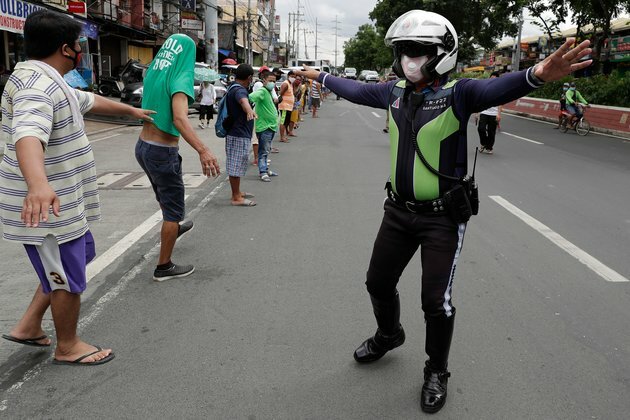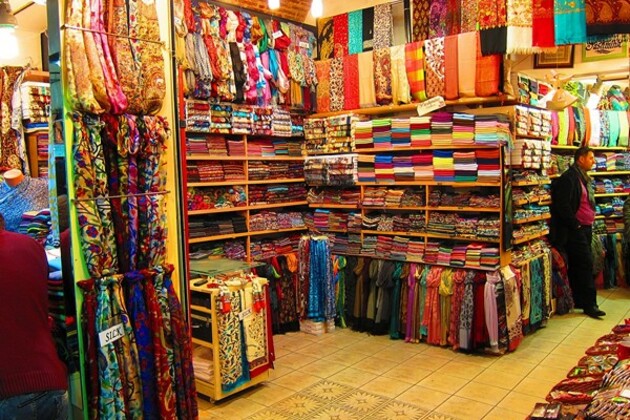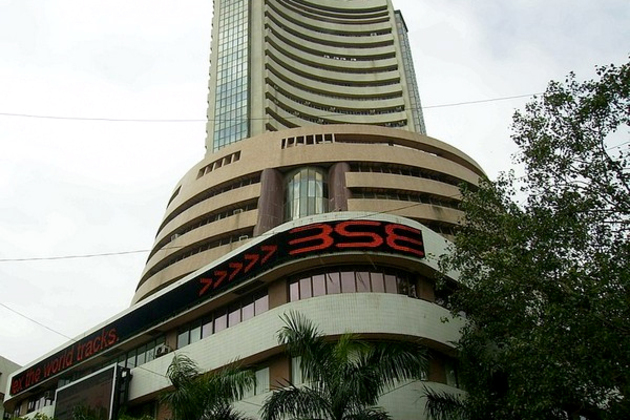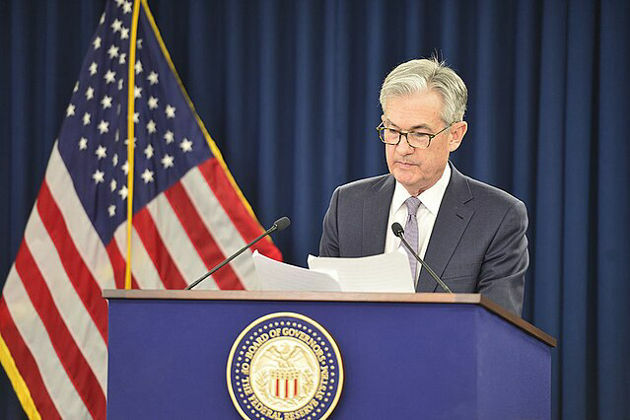How Philippines Got Runaway COVID-19 Caseload, an Outlier in Asia
Voice of America
08 Aug 2020, 04:05 GMT+10

TAIPEI, TAIWAN - The Philippines has become a COVID-19 outlier in East Asia with a runaway caseload because initial stay-home orders ended early and people struggle to practice social distancing despite strict rules, local observers say.
New reported cases spiked during the past month, leaving the archipelago with a cumulative total of about 120,000. Daily cases set a record Tuesday of 6,277. Now cities have shut down again, threatening access to workplaces in a country where many people depend on daily labor to survive.
"A lot of it is because people don't follow the protocols," said Rhona Canoy, president of the International School of CDO in the southern Philippine city Cagayan de Oro.
"They don't wear masks," she said, "and the biggest issue of all is that people don't observe social distancing."
So dire is the situation in the Philippines that on Tuesday the United Nations and 50 nonprofit partners began carrying out a $122 million response plan to help about 5.4 million of the country's "poorest and most marginalized people" with a focus on protecting women, according to Canoy.
Elsewhere in Southeast Asia, only Indonesia still struggles with daily COVID-19 caseload surges. Most of Northeast Asia, including the disease's apparent source, China, has recovered, despite isolated flare-ups.
Stay-home orders in much of the Philippines began easing in June before hospitals could deploy equipment and coordinate with each other to handle the disease, said Maria Ela Atienza, political science professor at the University of the Philippines Diliman.
Among hospitals, she said, "things were so bureaucratic and top-down, and when they decided to open up the economy little by little, it turned out that much of the supposed things that should have been done during the strict lockdown period have not been done."
A lot of people still fear getting tested for COVID-19 at hospitals in case they test positive, Canoy said. She said some parts of the country lack bed space for any local surge in cases.
Not everyone wears a face mask in shopping malls, often because they find them uncomfortable or because they left them at home, Canoy said. In restaurants, she said, diners sit "bunched up" at bigger tables, even if the next table is only a meter away.
Crowded slum housing pushes people into streets, basketball courts and tiny stores where air circulates better despite stay-home orders, said Eduardo Araral, a Philippine native and associate professor at the National University of Singapore's public policy school.
"You cannot force poor people to be staying inside because, all the more, they are congested," Araral said. "It makes more sense to just be outside where there's more space."
Stay-home measures resumed this week in metro Manila and other parts of the country affecting about 27 million of the country's 109.5 million population.
Public transport has noticeably slowed, making it hard for even medical staffers to reach their jobs, Araral said. Prolonged shutdowns will keep poorer people away from work too long, said Rajiv Biswas, Asia-Pacific chief economist at IHS Markit in Singapore.
"This is always the problem in low-income countries where a lot of people are dependent on daily work and there's no government support, so I think this is the problem in places like in the Philippines that you can't really keep people locked down for long periods of time because many have very little savings, if any," Biswas said.
Remote parts of the Philippines, a group of some 7,100 islands, still report few cases, however. They can keep local economies on track because they get little traffic from metro Manila or Cebu, the country's two most infected spots.
Cagayan de Oro, the southern Philippine city of 753,000 people where Canoy's school is located, recorded just 140 cases from March through July.
It is hard to know, however, when a flight arrives with an infected passenger, she said, so she chastises her rice vendor who doesn't use a mask, and cringes at people gathering outside convenience stores where they go to spend economic relief money.
 Share
Share
 Tweet
Tweet
 Share
Share
 Flip
Flip
 Email
Email
Watch latest videos
Subscribe and Follow
Get a daily dose of Asia Pacific Star news through our daily email, its complimentary and keeps you fully up to date with world and business news as well.
News RELEASES
Publish news of your business, community or sports group, personnel appointments, major event and more by submitting a news release to Asia Pacific Star.
More InformationAsia
SectionLeaked call pushes Thai govt to the brink as allies waver
BANGKOK, Thailand: Thailand's government is facing its biggest crisis in nearly a year, as Prime Minister Paetongtarn Shinawatra's...
New Zealand PM seeks stronger ties with China amid security talks
BEIJING/WELLINGTON: New Zealand's Prime Minister Christopher Luxon commenced his visit to China on June 17, seeking to strengthen trade...
Investigators examining Black Boxes recovered from Air India Boeing
NEW DELHI, India: Indian investigators are examining the black boxes from a Boeing 787 Dreamliner to determine the cause of a catastrophic...
India-UK FTA gives big boost to Indian ready made garments sector
New Delhi [India], June 24 (ANI): India-UK free trade agreement (FTA) will be a major boost for country's ready-made garment (RMG)...
"Ceasefire in effect, don't violate it," says US President Trump even as both sides report continued attacks
Washington, DC [US], June 24 (ANI): US President Donald Trump has once again reiterated that the West Asia ceasefire is in effect and...
Nifty jumps 250 pts, Sensex up by 850 pts amid Israel-Iran ceasefire, focus now shifts to tariff deadline July 9
New Delhi [India], June 24 (ANI): Indian stock markets witnessed a strong rally on Tuesday opening session after US President Donald...
Business
SectionBird flu plan in the works as USDA weighs export, vaccine risks
CHICAGO, Illinois: For the first time in history, U.S. officials are considering a coordinated plan to vaccinate poultry against bird...
U.S. stocks gain ground as investors shrug off Mideast concerns
NEW YORK, New York - U.S. stocks made strong gains on Monday, brushing off concerns Donald Trump's surprise ambush of Iranian nuclear...
U.S. bombs Iran nuclear sites, investors eye oil and safe havens
NEW YORK CITY, New York: The U.S. bombing of Iranian nuclear sites has cast a shadow over global markets, with investors bracing for...
Farmers exploit loophole in Amazon soy deal to clear rainforest
SANTAREM, Brazil: As Brazil cements its position as the world's top soy exporter, a new wave of deforestation is spreading across the...
Europe eases rates as Fed holds and Trump threatens tariffs
ZURICH, Switzerland: A wave of central banks across Europe surprised markets last week by lowering interest rates, responding to easing...
Federal Reserve chief weighs next move as economic outlook wavers
WASHINGTON, D.C.: The U.S. economy is performing reasonably well, but Federal Reserve Chair Jerome Powell faces a difficult decision...













